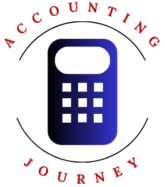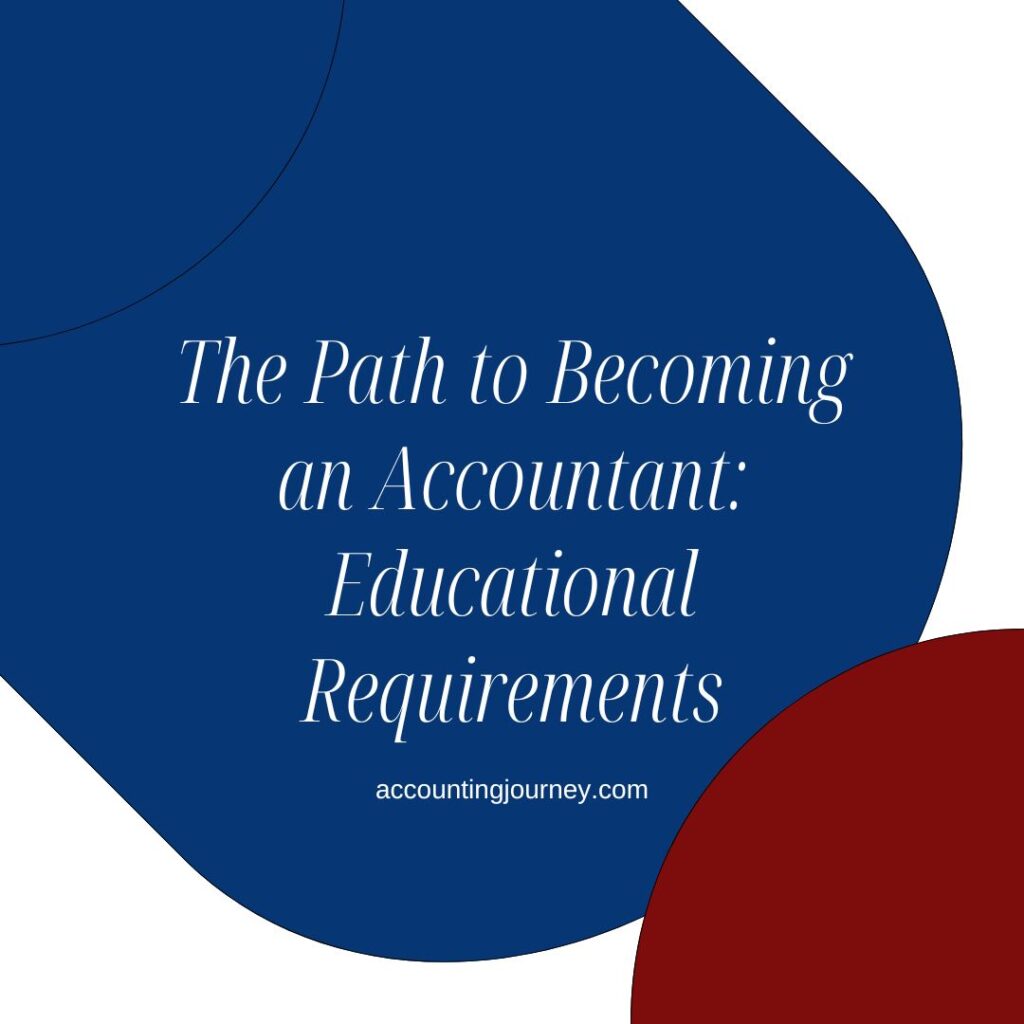Becoming an accountant is a rewarding and intellectually stimulating career choice that requires a solid educational foundation. Accountants play a critical role in the financial health of organizations, helping them make informed decisions, manage resources efficiently, and comply with tax regulations. In this blog post, we will explore the educational journey required to become an accountant, including the various degrees, certifications, and skills needed to excel in this profession.
1. The Basics: High School Education
The journey to becoming an accountant often begins in high school. While a high school diploma or its equivalent is the minimum educational requirement for most accounting programs, taking certain courses in high school can provide a strong foundation. Courses in mathematics, especially algebra and geometry, are essential, as accountants use mathematical principles extensively in their work. Additionally, classes in business, economics, and computer science can be valuable in preparing for a career in accounting.
2. Undergraduate Education: Bachelor’s Degree
To become a professional accountant, the next step is pursuing a bachelor’s degree. A bachelor’s degree in accounting or a related field, such as finance or business administration, is typically required for entry-level positions in the field. This four-year program provides students with a comprehensive understanding of accounting principles, financial reporting, taxation, and auditing.
Key components of an undergraduate accounting program may include:
a. Core Accounting Courses: These courses cover fundamental accounting principles, including financial accounting, managerial accounting, and cost accounting.
b. Business Courses: Students will also take business-related courses such as economics, business law, and management to develop a well-rounded understanding of the business world.
c. Elective Courses: Many programs offer elective courses that allow students to specialize in areas like taxation, auditing, or forensic accounting.
d. Accounting Software Training: Proficiency in accounting software is crucial in today’s digital age, so students often receive training in popular software packages like QuickBooks and Excel.
3. Advanced Education: Master’s Degree
While a bachelor’s degree is sufficient for many entry-level accounting positions, some individuals choose to pursue a master’s degree in accounting or a related field to enhance their career prospects. A Master of Accounting (MAcc) or a Master of Business Administration (MBA) with a concentration in accounting can be valuable for those who aspire to specialize in accounting, attain leadership positions, or enter the competitive world of public accounting.
Benefits of obtaining a master’s degree in accounting include:
a. Increased Expertise: Advanced coursework provides in-depth knowledge of complex accounting topics, such as advanced auditing, international accounting, and forensic accounting.
b. CPA Eligibility: In many jurisdictions, earning a master’s degree can reduce the number of required work experience hours for becoming a Certified Public Accountant (CPA).
c. Competitive Advantage: Graduates with a master’s degree often have a competitive edge in the job market and may qualify for higher-paying positions.
4. Professional Certification: Becoming a CPA
The Certified Public Accountant (CPA) designation is the most widely recognized and respected credential for accountants in the United States and many other countries. Earning the CPA designation involves meeting specific educational requirements, passing the CPA exam, and completing relevant work experience.
Here are the steps to becoming a CPA:
a. Educational Requirement: Most states require candidates to have a bachelor’s degree, with a minimum number of accounting and business-related courses. Some states may also require a master’s degree or a specific number of credit hours.
b. CPA Exam: The Uniform CPA Exam is a comprehensive four-part examination that covers auditing and attestation, business environment and concepts, financial accounting and reporting, and regulation. Candidates must pass all four sections within a certain timeframe, usually 18 months to two years.
c. Work Experience: To become a CPA, candidates typically need to complete a specified number of work hours (usually around 2,000) in a relevant accounting role, supervised by a licensed CPA.
d. Ethics Exam: Many states also require candidates to pass an ethics exam or take an ethics course to ensure they adhere to ethical standards in their practice.
5. Specializations and Additional Certifications
While becoming a CPA is a significant achievement, accountants can further enhance their careers by pursuing specialized certifications. These certifications demonstrate expertise in specific areas of accounting and can open up unique career opportunities. Some popular accounting certifications include:
a. Certified Management Accountant (CMA): This certification is ideal for those interested in management accounting, cost accounting, and financial analysis. CMAs often work in corporate finance and management roles.
b. Certified Internal Auditor (CIA): CIAs specialize in internal auditing, risk management, and controls within organizations. They play a crucial role in ensuring compliance and improving internal processes.
c. Certified Information Systems Auditor (CISA): For those interested in information systems and technology, the CISA certification focuses on auditing, control, and assurance of information systems. d. Certified Fraud Examiner (CFE): CFEs are experts in detecting and preventing fraud. They investigate financial fraud and help organizations implement fraud prevention measures.
6. Soft Skills and Continuing Education
In addition to formal education and certifications, accountants should develop soft skills to excel in their careers. These skills include:
a. Communication: Accountants need strong communication skills to explain complex financial information to clients and colleagues.
b. Analytical Skills: Analyzing financial data and identifying trends and anomalies are critical tasks for accountants.
c. Attention to Detail: Accuracy is paramount in accounting, and even small errors can have significant consequences.
d. Time Management: Accountants often work on multiple projects with tight deadlines, so effective time management is essential. e. Ethical Integrity: Accountants must uphold high ethical standards to maintain the trust of their clients and employers.
Furthermore, the field of accounting is constantly evolving, with changes in tax laws, financial regulations, and technology. Accountants must commit to continuing education and staying up-to-date with industry developments to provide the best service to their clients and organizations.
Are You Ready To Take The Next Step?
Becoming an accountant is a rewarding journey that requires a solid educational foundation, professional certifications, and the development of essential skills. Whether you aspire to work in public accounting, corporate finance, or a specialized field within accounting, the educational path outlined in this blog post will set you on the right track to a successful career. Additionally, staying committed to continuous learning and ethical conduct will ensure that you thrive in the ever-evolving world of accounting.

